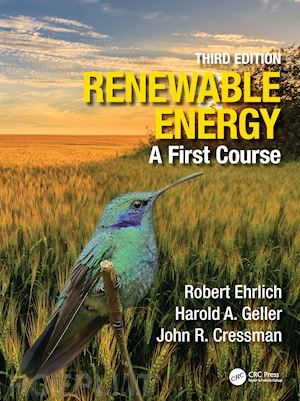Robert Ehrlich is a professor of physics emeritus at George Mason University, Fairfax, Virginia. He earned his BS in physics from Brooklyn College and his PhD from Columbia University. He is a fellow of the American Physical Society. He formerly chaired the physics departments at George Mason University and The State University of New York at New Paltz and has taught physics for nearly four decades. Dr. Ehrlich is an elementary particle physicist and has worked in a number of other areas. He has authored or edited 20 books and about 100 journal articles. His current scholarly interests include renewable energy and the existence of faster-than-light particles. Harold A. Geller is associate professor emeritus of physics and astronomy, George Mason University. He is an adjunct professor at American University, Washington, DC. He earned his BS from the University of the State of New York, Albany, and his MA in astronomy and informatics, and his doctorate in education from George Mason University. Dr. Geller has taught physics and astronomy over thirty years. He was associate chair of the Department of Physics and Astronomy and Observatory Director; manager of Washington Operations, Consortium for International Earth Science Information Networks; program manager, Science Applications International Corporation; president, Potomac Geophysical Society; and doctoral fellow, State Council of Higher Education, Virginia. He has authored/edited nine books and published over 100 papers in education, astronomy, and biochemistry. His current scholarly interests include renewable energy, the search for extraterrestrial life, and science education. John R. Cressman is an associate professor of physics and astronomy at George Mason University, Fairfax, Virginia. He earned his BS from Union College in Schenectady, NY, and his PhD from the University of Pittsburgh. He is the associate chair for the Department of Physics and Astronomy and teaches courses in both physics and neuroscience. He is an experimental physicist who studies systems driven far from equilibrium, from simple fluids to complex biological networks, and publishes in journals from applied mathematics to experimental neuroscience. His current area of focus is on the often dramatic transient dynamics that can occur when a controlling parameter, like temperature, of a system is changed.











